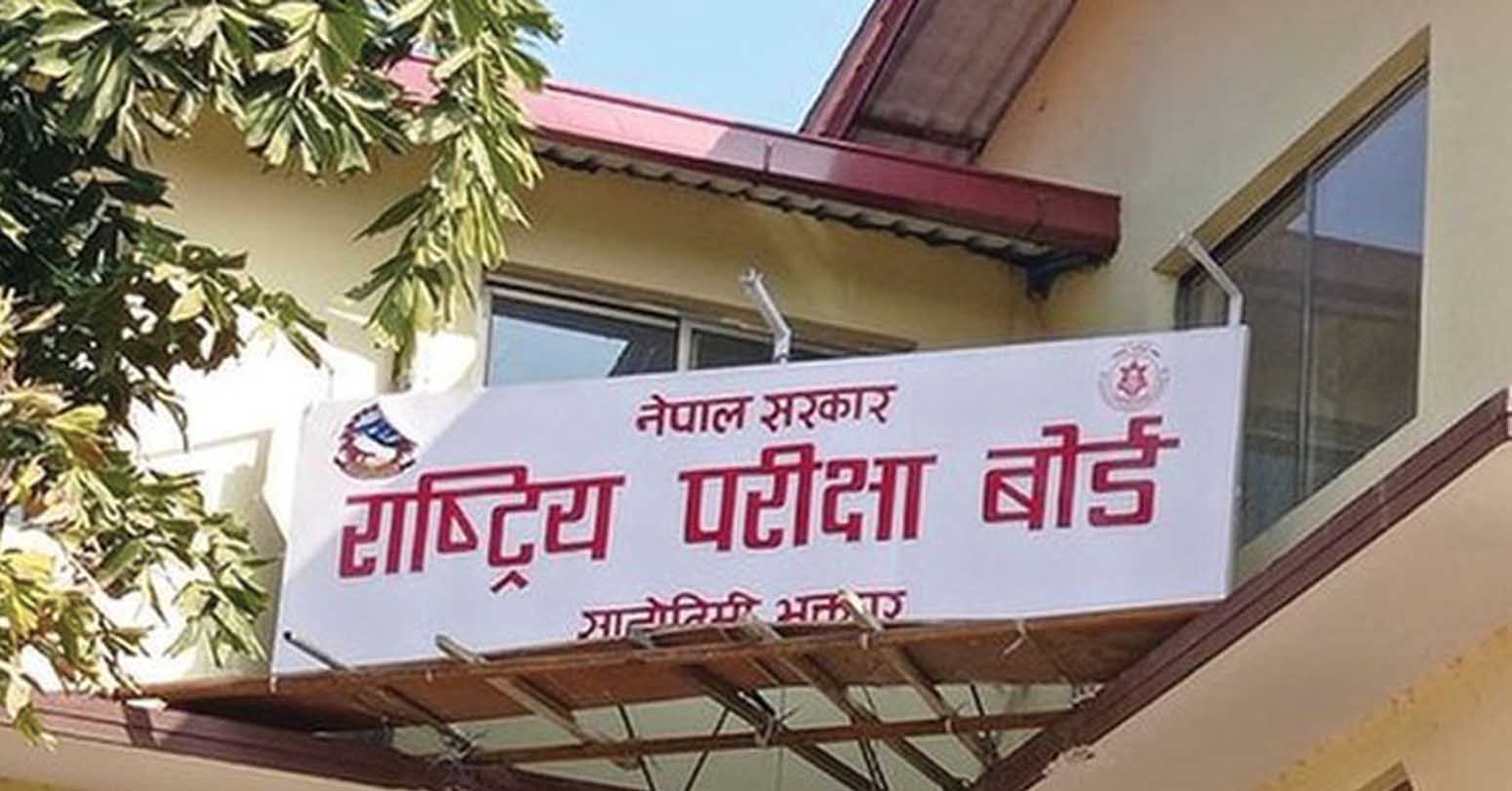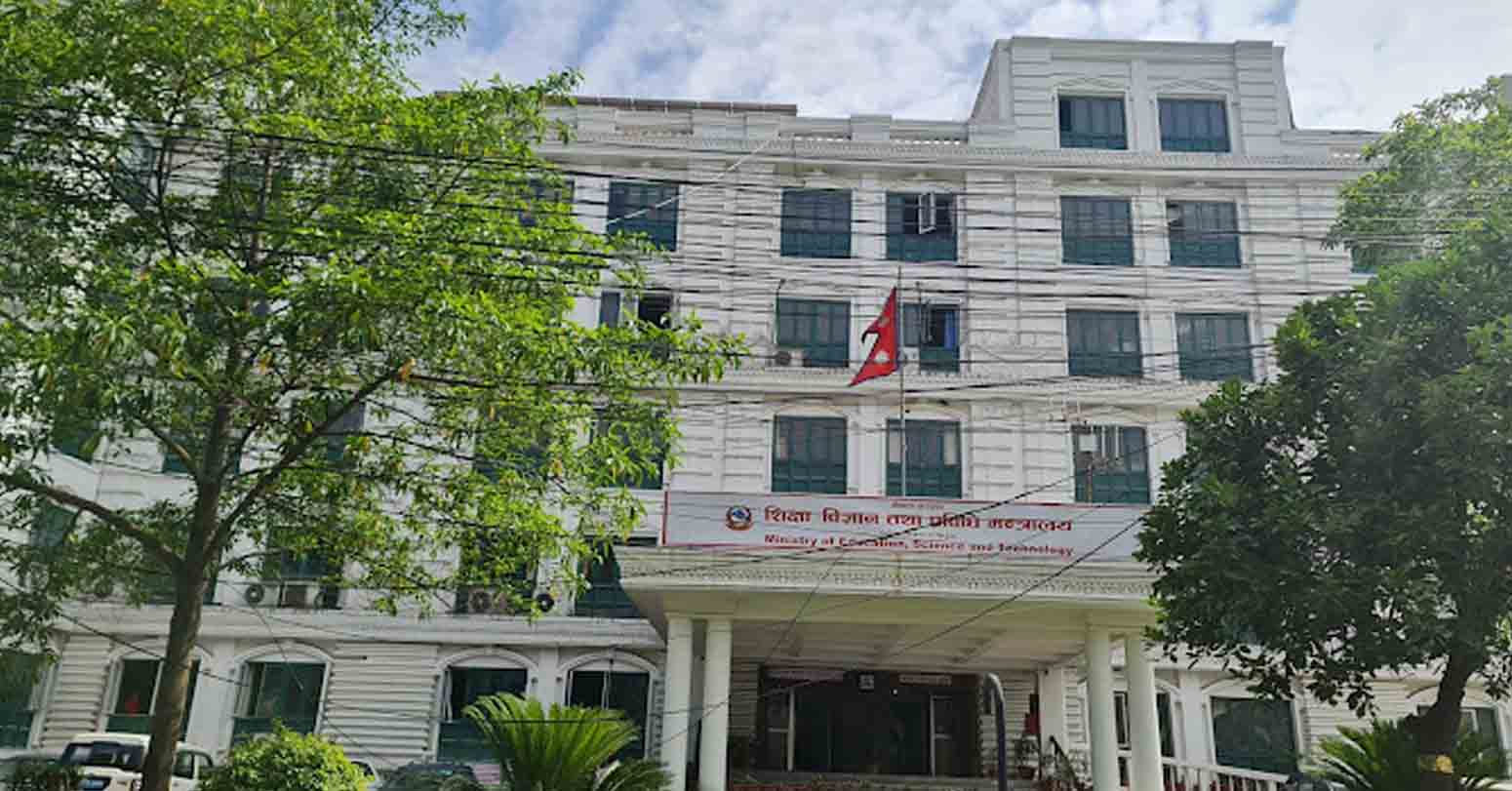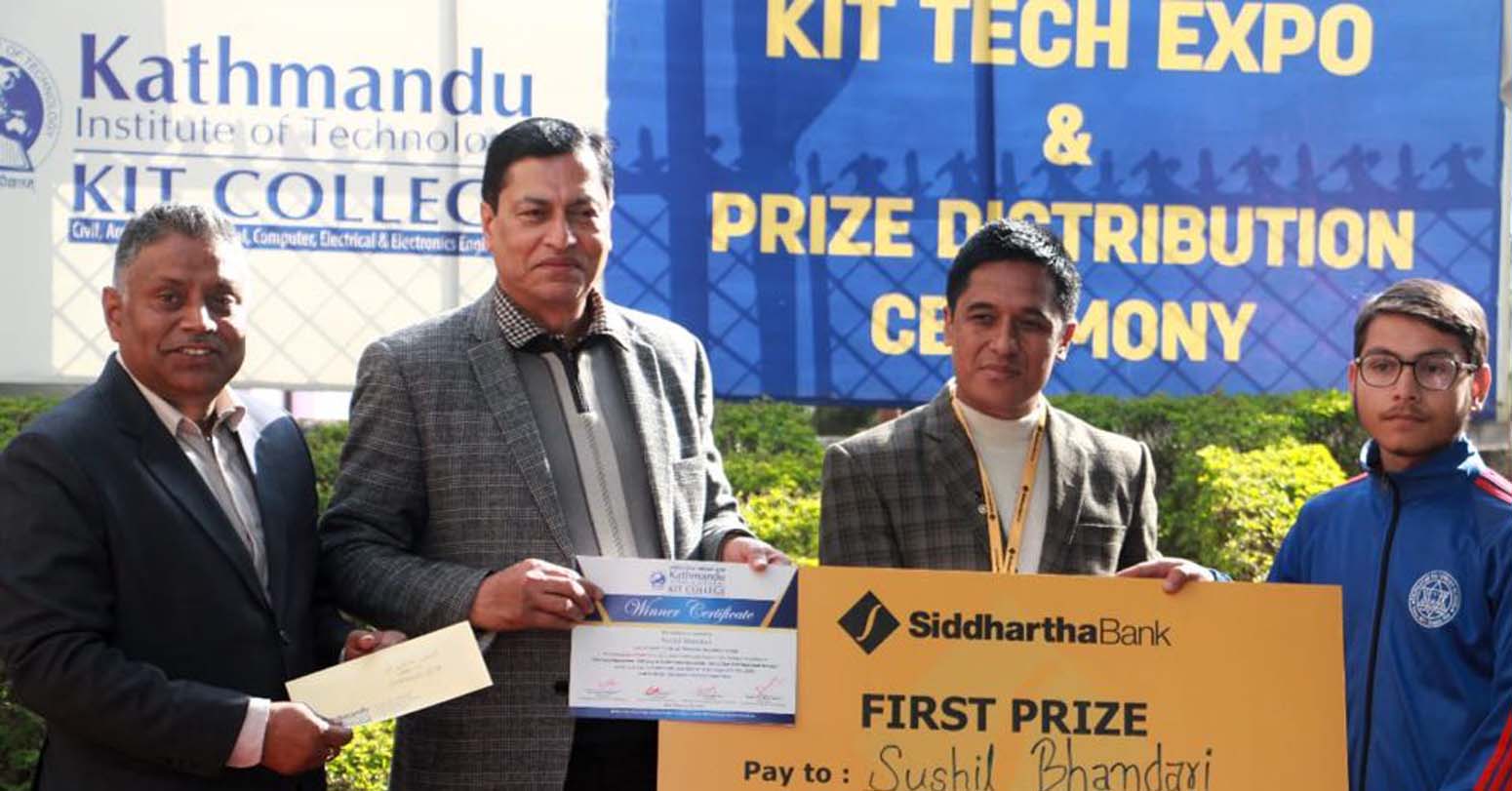
Various experts and advocates have called for meticulous reforms in the design and implementation of the Technical Vocational Education and Training (TVET) programmes.
At a sharing of findings of four different studies undertaken by the Kathmandu University School of Education (KUSOED) on Sunday, the researchers highlighted reform needs in financing, investment, technical and non-technical skills enhancement, shared incentives and good governance in the operation of the sector.
Presenting the findings of the research 'Household Financing in TVET in Nepal', Prof Dr Mahesh Nath Parajuli highlighted that households with limited earning have been bearing higher financial burden for TVET education.
The research according to him revealed that households shared 49 percent of TVET education expenditure followed by government (37 percent), external donors (7 percent) and others (7 percent)
The research recommended measures to reduce structural inequalities prohibiting access to TVET; lower household burden to TVET; find cost partners and collaborators in the sector.
Likewise, sharing the findings of another research 'Skills Gap: Exploring Education-to-Work Transition in Nepal's Construction Sector', Associate Prof Dr Prakash Chandra Bhattarai said skills gap have created multi-fold issues such as widening unemployment, creating difficulties for employees to obtain a skilled workforce and need for evidence-based policy/ practice.
The study found that graduate employees entered the job market with minimal competencies, including technical and non-technical in the construction sector. The research called for the enhanced role of educational institutions in terms of curricula, pedagogy, assessment; linkage and collaboration with industry sectors and reforms in policy to match the demand side and supply sides of the sector.
KUSOED Head of the Department, Dr Suresh Gautam in his research 'Youth Employment and Income: insights from the 2022 Youth Survey' underlined the need of skill-based education with quality, relevance, and good governance and realizing and enhancing the social/ cultural capital of the trainees.
The research recommended developing an approach, drawing from socio-educational political, economic dynamics, to enhance youth employment and addressing social structure for developing role models of aspirant youth for TVET.
Delivering his presentation to share the findings of his research entitled 'Local Governments Financing in TVET: A Study of Gandaki Province', Dr Prakash Kumar Paudel highlighted that TVET budget has been steadily increasing with volume but largely financed with external sources.
According to the research findings, informal/non-formal TVET was found an area of priority; local governments yet to give a priority attention to take role on financing of TVET
Commenting on the research papers, education reform advocate Dr Bishnu Karki suggested that they should impart a candid message that TVET involves certain costs but there are opportunities for higher returns rate.
He advocated for the need of adopting the Swiss dual model (both general and technical & vocational education) in Nepal with careful design on incentives for attracting students.
It demands engagement of multiple stakeholders, including technical training providers, employers and trainees to promote skill-based employment adopting apprenticeship approach.
Likewise, Principal Social Sector Specialist of Asian Development Bank, Rudi Van Dael lauded emerging research on TVET in Nepal highlighting that the broader society needs to think towards lowering cost burden in its education in Nepal.
The research was undertaken by KUSOED with support from the Linking Education and Labour Markets (LELAM) project financed by the Swiss Agency for Development and Cooperation (SDC) and the Swiss National Science Foundation (SNSF).

















Comprehensive Data Protection Law Critically
Gender Differences In Mental Healthcare
Messi Wins Best FIFA Men’s
Erosion of Democracy
Fly Dubai Catches Fire in
“Complexities of the South Asian